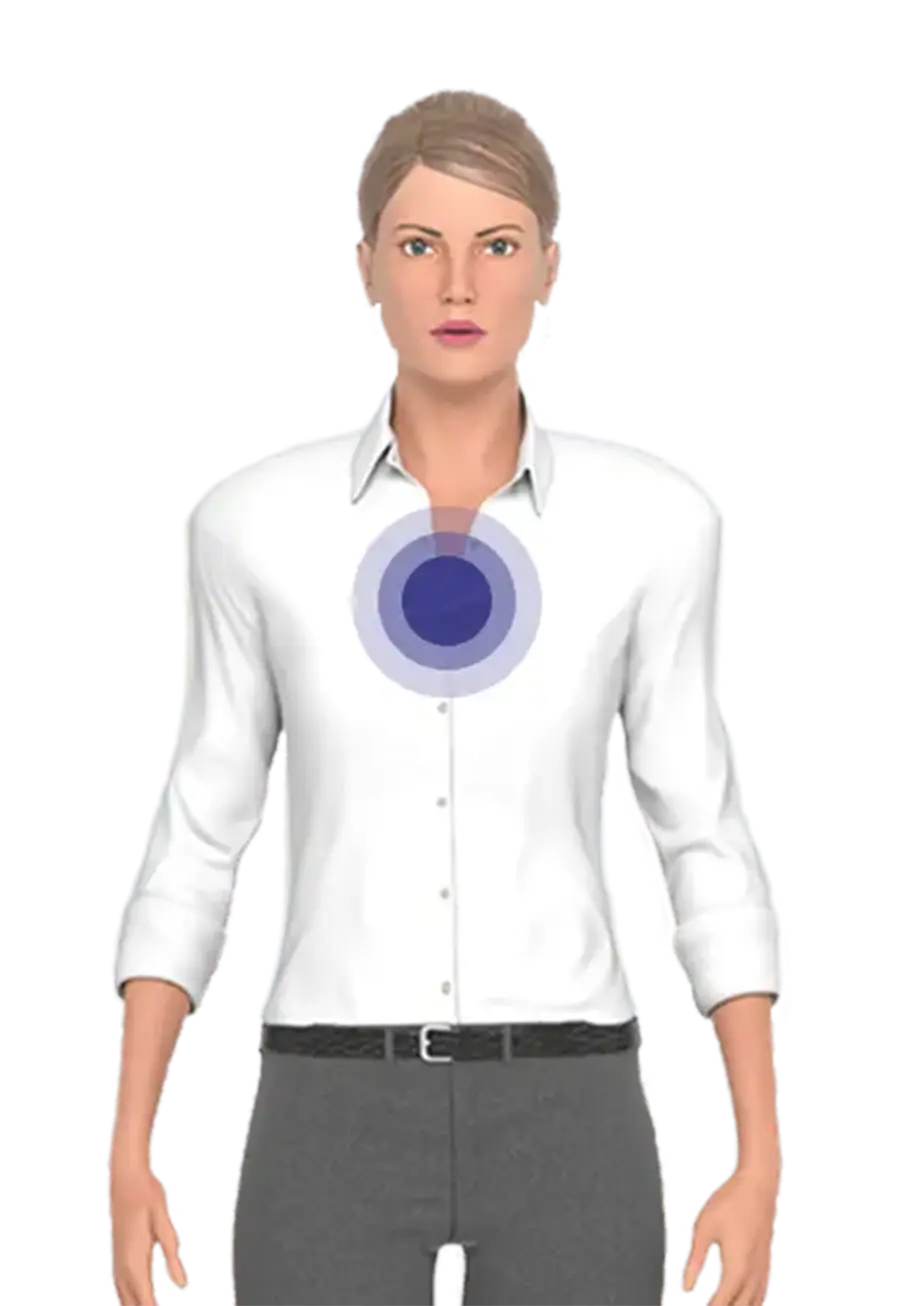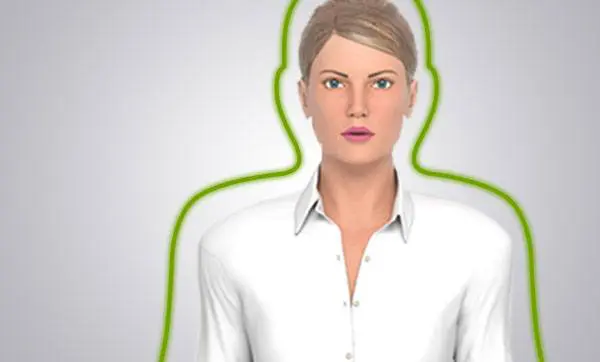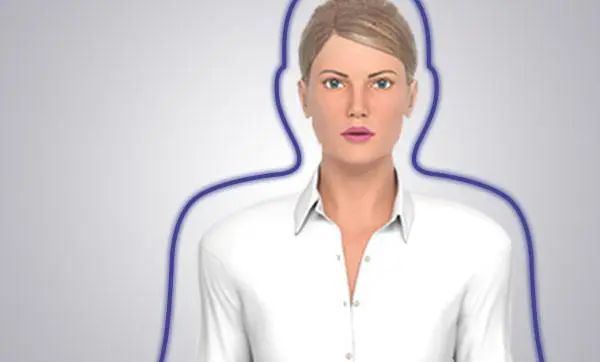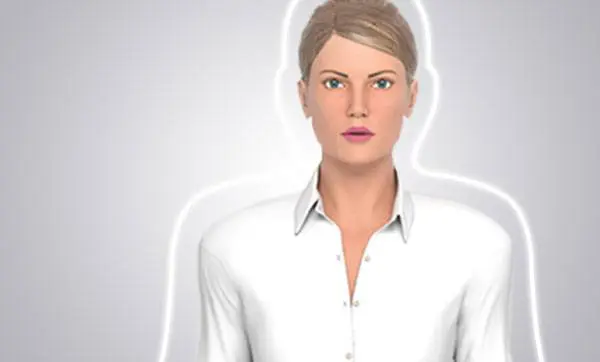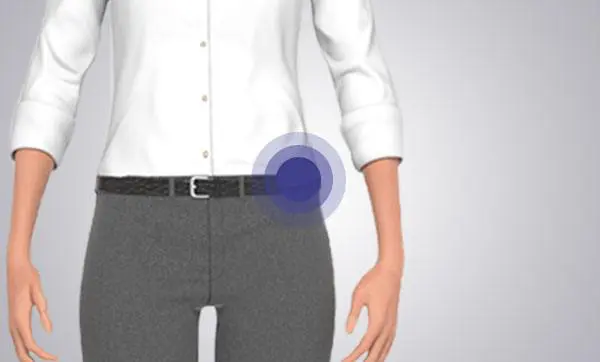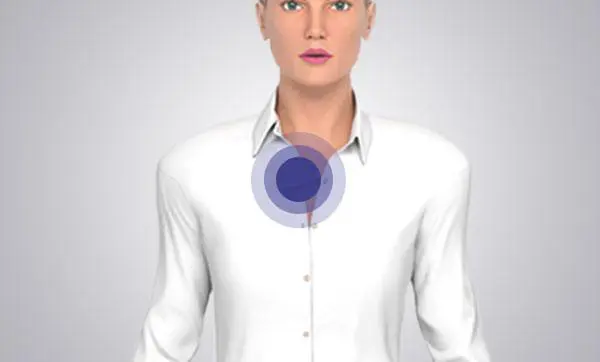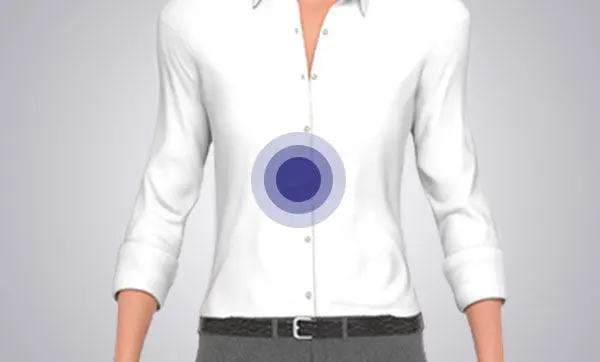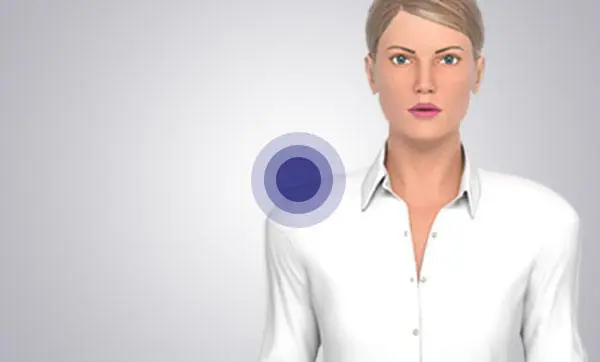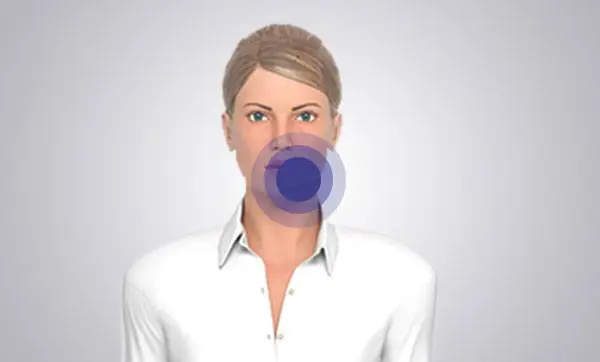What is shortness of breath?
Breathing is a vital bodily function that ensures every cell you have has enough oxygen to survive and that toxic carbon dioxide is removed. Effective breathing requires healthy lungs to perform gas exchange, as well as the functional activity of a number of different muscle groups that enable air to be drawn into and expelled from the lungs. This process largely occurs passively but can also be consciously controlled. Any problem with this process can cause shortness of breath which be the sign of a serious problem and may require immediate medical attention.
What can make you short of breath and how does
shortness of breath relate to muscle diseases?
Breathing problems can have a broad range of causes that are more common than muscle disease. Sudden shortness of breath can be caused by life threatening conditions, such as a heart problem or an asthma attack, and may require immediate medical attention.
Long-term shortness of breath is most commonly caused by a problem with the lungs, but anything that affects function of the muscles required to breathe can also cause serious breathing problems. There are three main muscle groups involved in breathing: the diaphragm, intercostal and abdominal muscles.
In a number of muscles diseases weak breathing muscles can be a major health issue. This will often occur in the latter stages of disease progression but can also be one of the first symptoms that encourages somebody to seek help from their doctor, such as in Pompe disease.
How does shortness of breath
present in muscle diseases?
In muscle diseases the muscles required to breathe can become tired and fatigued resulting in shallow breaths. This can become particularly apparent when lying down, as the muscles have to work harder when in this position. The muscles required to keep airways open can also fail to work effectively, causing interruptions in breathing during sleep, a problem called sleep apnoea. This can result in symptoms such as morning headaches and mood swings that someone may not naturally attribute to muscle weakness.
Signs of shortness of breath caused by muscle weakness can include:
- Increased shortness of breath on exertion or at rest
- Difficulty breathing lying down
- Difficulty breathing at night
- Snoring, gasping or choking at night
- Morning headaches
- Difficulty concentrating
- Tiredness in the day
- A weak cough
Shortness of breath is a common symptom of numerous diseases and the probability of experiencing this symptom as a result of a proximal muscle disease is low. If you are displaying any symptoms, including shortness of breath, and are worried, you should make an appointment to speak to your doctor. Take time to consider all of your symptoms and how to best discuss them with your doctor.
SYMPTOM LIST
MUSCLE DISEASES
A broad set of diseases can affect the proximal muscles.
Read some examples and learn about how they relate.
Create your symptom report
Understanding your symptoms and how they might relate can be an important part of working towards a diagnosis with your doctor.
Take our questionnaire to find information that is relevant to you and create a tailored report that you can use to discuss your symptoms with your doctor.
